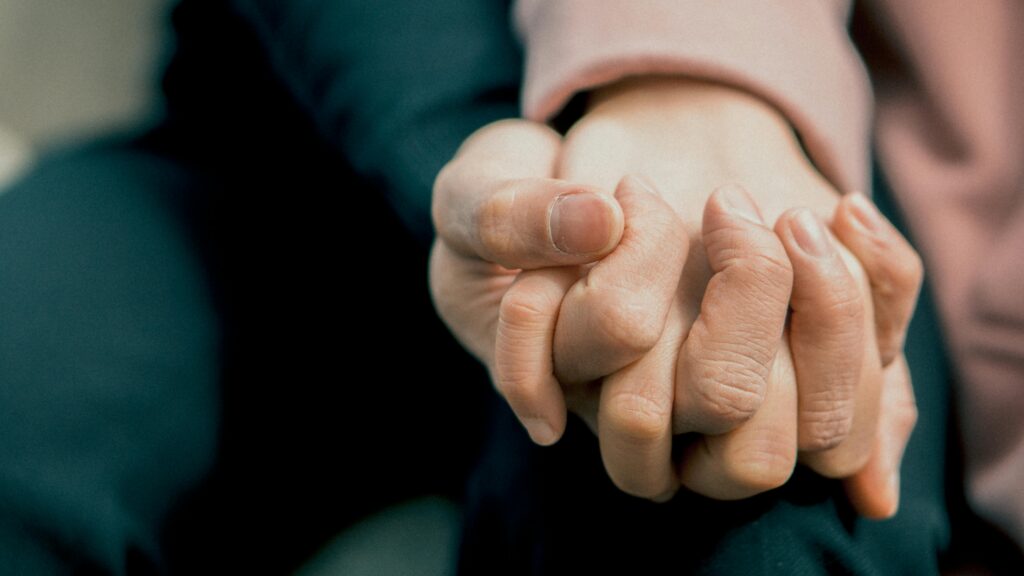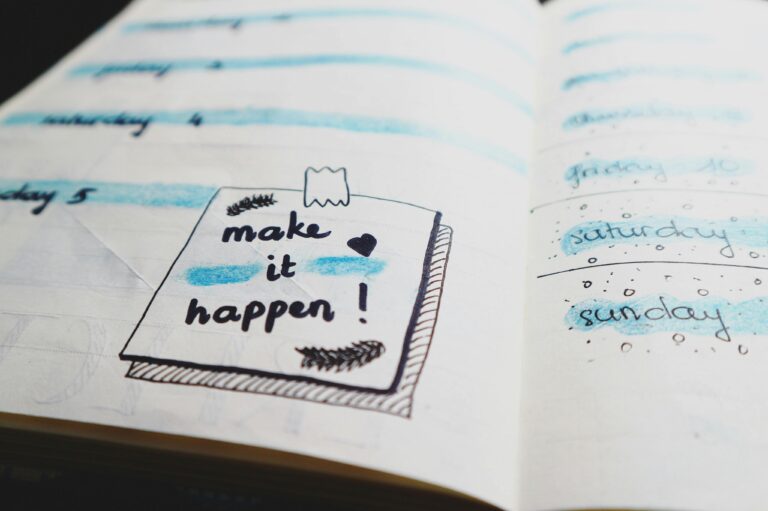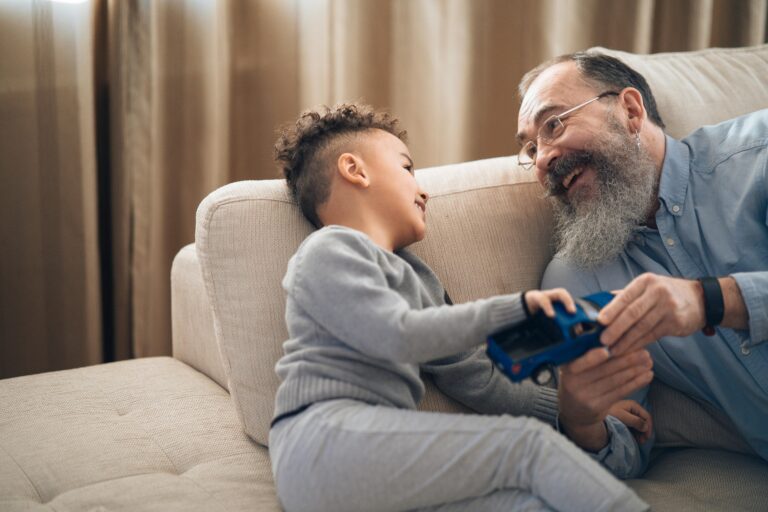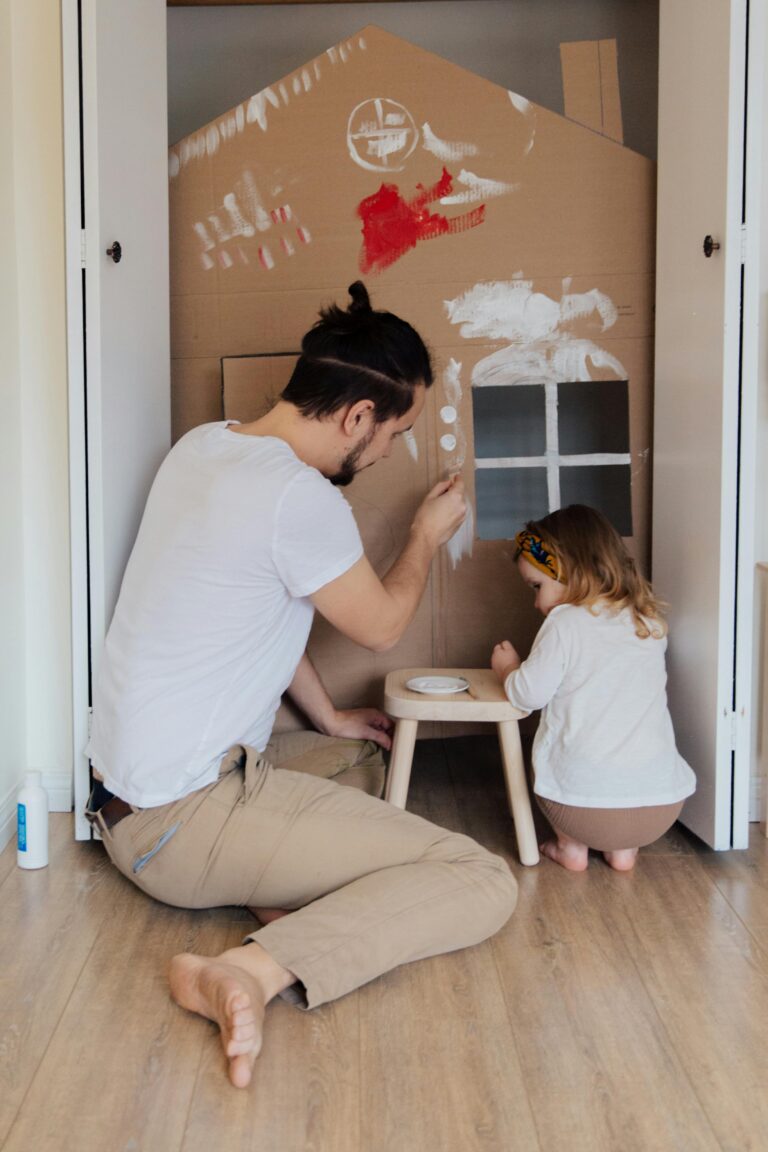Ever wonder why some couples stay madly in love for decades while others barely make it past year three?
It’s not luck. It’s not compatibility. And it’s definitely not some magical relationship gene that happy couples were born with.
After counseling hundreds of couples through every relationship scenario imaginable.
I can tell you exactly what separates happy couples from miserable ones: specific behaviors they practice differently.
Here’s what’s fascinating, unhappy couples and happy couples face the same challenges. Same financial stress, in-law drama.
Same busy schedules and crying kids and career pressures. The difference isn’t what happens to them, it’s how they respond to what happens.
Happy couples have cracked a code that struggling couples miss entirely.
They approach marriage fundamentally differently, and those different approaches create completely different outcomes.
Let’s talk about the 12 things happy couples do differently that transform ordinary relationships into extraordinary partnerships. 🙂
12 Things Happy Couples Do Differently
These aren’t just minor tweaks, they’re fundamental mindset and behavior shifts that create relationships worth celebrating.
1. Happy Couples Communicate Openly

Unhappy couples avoid difficult conversations. Happy couples run toward them.
When emotions run high, struggling couples shut down, give silent treatment, or harbor resentment.
Happy couples do the opposite, they talk it out, even when it’s uncomfortable.
Open communication differences:
- Unhappy couples: Expect mind-reading, drop hints, punish through silence
- Happy couples: State needs clearly, express feelings directly, invite dialogue
I’ve watched unhappy couples sit in my office for months avoiding the real issues.
Meanwhile, happy couples tackle problems head-on because they know avoidance makes everything worse.
Use communication tools like Lasting or Paired if you need help starting difficult conversations.
The key is creating safety where both partners can be honest without fear of attack.
2. Happy Couples Express Gratitude Regularly
Unhappy couples focus on what’s wrong. Happy couples actively notice what’s right.
FYI, this isn’t toxic positivity. Happy couples acknowledge problems, but they balance criticism with consistent appreciation.
They thank each other for everyday contributions, not just grand gestures.
Gratitude differences:
- Unhappy couples: Take each other for granted, only notice failures
- Happy couples: Express appreciation daily, acknowledge effort
I’ve seen marriages transform when couples start gratitude journals about each other. Apps like Grateful or Presently help track daily appreciations.
The couples who regularly express gratitude create positive cycles where both partners naturally want to do more for each other.
3. Happy Couples Maintain A Sense Of Humor
Unhappy couples take everything personally. Happy couples can laugh at themselves and each other.
Happy couples use humor to defuse tension, bond over shared experiences, and keep relationships feeling fun instead of heavy.
They don’t weaponize humor or use it to avoid problems, but they don’t let life crush their playfulness either.
Humor differences:
- Unhappy couples: Overly serious, defensive about jokes, can’t laugh at themselves
- Happy couples: Playful, find comedy in daily life, don’t take everything so seriously
The happiest couples I know have inside jokes, make each other laugh daily, and maintain lightheartedness even during stressful seasons.
4. Happy Couples Prioritize Quality Time Together

Unhappy couples say “we’re too busy.” Happy couples make time regardless.
Here’s the truth, everyone’s busy. Happy couples just refuse to let busy destroy their connection. They schedule couple time, protect it fiercely, and show up fully present.
Quality time differences:
- Unhappy couples: Hope connection happens accidentally, always have excuses
- Happy couples: Schedule dates, protect couple time, eliminate distractions
Use Google Calendar or Cozi to block off couple time and treat it as non-negotiable. Find date ideas on The Dating Divas if you need inspiration.
IMO, five fully present minutes beats hours of half-attention. Happy couples understand this deeply.
5. Happy Couples Support Each Other’s Goals
Unhappy couples feel threatened by their partner’s success. Happy couples celebrate it.
Happy couples actively champion each other’s dreams. They make sacrifices that help their partner succeed. They celebrate wins enthusiastically and offer encouragement during setbacks.
Support differences:
- Unhappy couples: Compete, feel threatened, offer lukewarm encouragement
- Happy couples: Genuinely root for each other, make sacrifices, celebrate wins
I’ve counseled couples where one partner deliberately sabotaged the other’s career opportunities. Compare that to happy couples who rearrange their lives to help their partners achieve dreams.
The difference is night and day, and it determines whether both partners thrive or one gets sacrificed.
6. Happy Couples Resolve Conflicts Respectfully

Unhappy couples fight dirty. Happy couples fight fair.
Conflict is inevitable. What separates happy from unhappy couples isn’t whether they fight, it’s how they fight.
Conflict resolution differences:
- Unhappy couples: Personal attacks, bringing up past hurts, winning at all costs
- Happy couples: Focus on issues not character, stay present, seek solutions
Happy couples use “I feel” statements instead of “You always” accusations. They take breaks when emotions escalate. They apologize genuinely and forgive completely.
Learn conflict skills through The Gottman Institute resources or therapy through BetterHelp.
7. Happy Couples Show Physical Affection
Unhappy couples touch less and less. Happy couples maintain consistent physical connection.
Physical affection isn’t just about sex (though that matters). It’s daily hugs, holding hands, goodbye kisses, cuddling on the couch, all the touch that keeps couples bonded.
Physical affection differences:
- Unhappy couples: Minimal touch, affection only during sex, growing physical distance
- Happy couples: Regular non-sexual touch, consistent affection, maintaining physical closeness
Happy couples understand that physical connection creates emotional connection in ways conversation alone can’t achieve. They prioritize touch even when they’re busy or frustrated with each other.
8. Happy Couples Share Responsibilities Equally

Unhappy couples let one partner carry everything. Happy couples distribute load fairly.
This is huge. I’ve watched marriages crumble because one partner did 90% of household management, childcare, and emotional labor while the other coasted.
Responsibility-sharing differences:
- Unhappy couples: Unequal division, one partner overwhelmed, growing resentment
- Happy couples: Fair distribution, adjust as needed, both partners contribute
One client came to me on the verge of abandoning her family because she was drowning in responsibilities while her husband contributed minimally. Only when he finally stepped up did their marriage survive.
Happy couples communicate about division of labor and adjust when one partner feels overwhelmed.
9. Happy Couples Keep Their Individuality
Unhappy couples either merge completely or live separate lives. Happy couples balance togetherness with independence.
Happy couples maintain individual friendships, hobbies, and interests. They don’t lose themselves in the relationship or require their partner to be their everything.
Individuality differences:
- Unhappy couples: Co-dependent or completely separate, no healthy balance
- Happy couples: Maintain individual identities while building shared life
Couples who lose their individuality often end up resenting each other. Those who maintain it bring their best selves to the relationship instead of diminished versions who sacrificed everything.
10. Happy Couples Surprise Each Other With Small Gestures
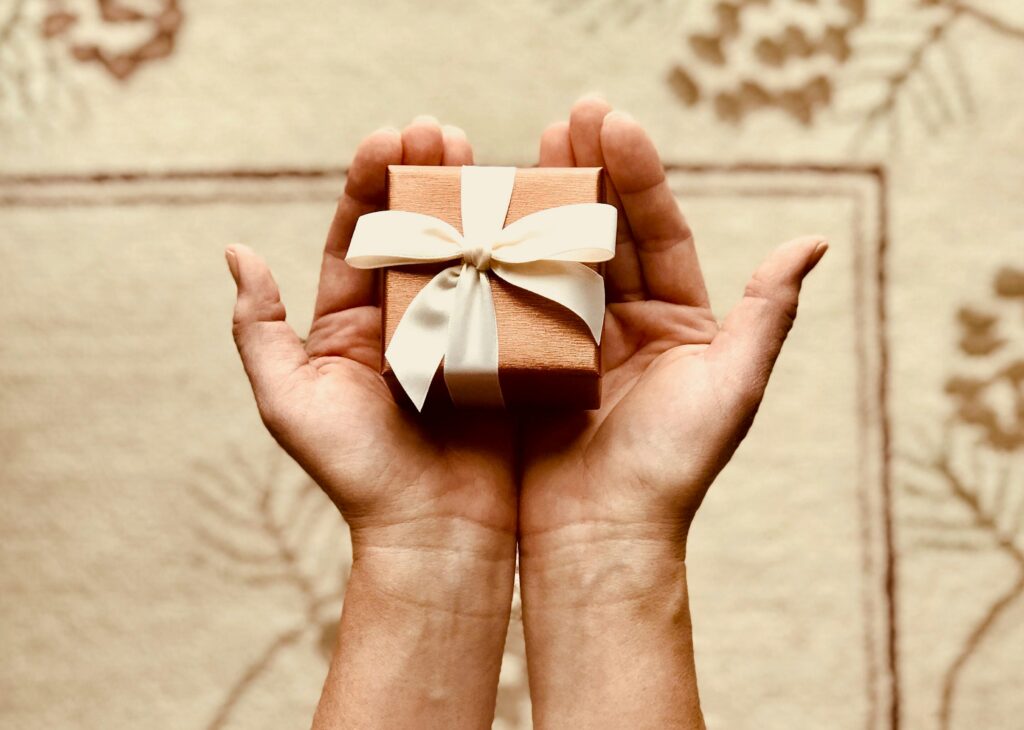
Unhappy couples stop trying. Happy couples never stop courting each other.
Happy couples leave love notes, bring home favorite treats, plan surprise dates, and find countless small ways to say “I’m thinking about you.”
Surprise differences:
- Unhappy couples: Stop making effort, relationships feel transactional
- Happy couples: Consistent thoughtfulness, ongoing romance, spontaneous gestures
Find surprise ideas on The Dating Divas or plan adventures through The Adventure Challenge.
Small, consistent surprises maintain the spark that initially brought couples together. Happy couples never stop dating each other.
11. Happy Couples Practice Forgiveness
Unhappy couples hold grudges. Happy couples forgive and release.
Happy couples address hurt, have difficult conversations, then actually forgive and move forward. They don’t weaponize past mistakes during new arguments.
Forgiveness differences:
- Unhappy couples: Keep score, bring up old hurts, harbor resentment
- Happy couples: Address issues promptly, forgive genuinely, release grudges
I’ve watched marriages die from accumulated resentment that could have been prevented by dealing with hurts promptly instead of collecting them like ammunition.
Happy couples understand that holding grudges only poisons the holder.
12. Happy Couples Create Traditions And Rituals
Unhappy couples have no special routines. Happy couples build meaningful rituals together.
Happy couples develop unique traditions, weekly date nights, annual vacations, morning coffee together, bedtime conversations. These rituals create stability and give couples something uniquely theirs.
Tradition differences:
- Unhappy couples: No special routines, relationship feels generic
- Happy couples: Meaningful rituals, unique traditions, things to look forward to
These rituals create relationship identity and provide consistency during chaotic seasons. They’re the glue that holds couples together when everything else feels uncertain.
Why These Differences Matter

Small behavioral differences compound into completely different relationship experiences.
After years of counseling couples, the pattern is clear: happy couples aren’t luckier or more compatible. They just respond to challenges differently.
These different responses create:
- Different emotional climates (positive vs negative)
- Different conflict patterns (constructive vs destructive)
- Different connection levels (deep vs surface)
- Different trajectories (growth vs stagnation)
Think of it like compound interest. Small daily differences in how you treat each other compound over years into completely different relationship outcomes.
Shifting From Unhappy To Happy Patterns
The good news: these patterns can change.
If you recognize yourself in the “unhappy couple” descriptions, you’re not doomed. You can adopt happy couple behaviors starting today.
Week One: Pick 3 patterns to change. Maybe open communication, regular gratitude, and physical affection.
Week Two: Add 3 more patterns. Now you’re practicing 6 of the 12 differently.
Week Three: Implement all 12 conscious changes. Track progress using Habitica or Streaks.
Week Four and Beyond: These different behaviors become your new normal. What once required conscious effort becomes automatic.
When Both Partners Need To Change
Here’s the challenge: transformation requires both partners shifting patterns.
If only one partner changes while the other maintains unhappy patterns, improvement is limited. Ideally, both partners recognize problems and commit to doing things differently.
If your partner won’t change despite your efforts:
- Suggest couples therapy through BetterHelp or Psychology Today
- Set clear boundaries about what you’ll accept
- Evaluate whether the relationship can survive one-sided effort
- Consider whether staying serves your wellbeing
Sometimes one partner changing inspires the other to follow. Sometimes it doesn’t. You can’t control your partner, but you can control your own choices and boundaries.
Final Thoughts
You can become a happy couple by adopting these different approaches, you don’t need to be born with special relationship skills.
You just need to consistently do things differently than struggling couples do.
Your marriage can transform when you shift from unhappy patterns to happy ones. Start with one different behavior today.
Add another tomorrow. Within weeks, you’ll have fundamentally changed your relationship dynamic.
Happy couples aren’t special, they just do things differently. So can you.
Which pattern will you change first? Pick one unhappy behavior and commit to doing it differently starting today. Small shifts create big transformations over time.
